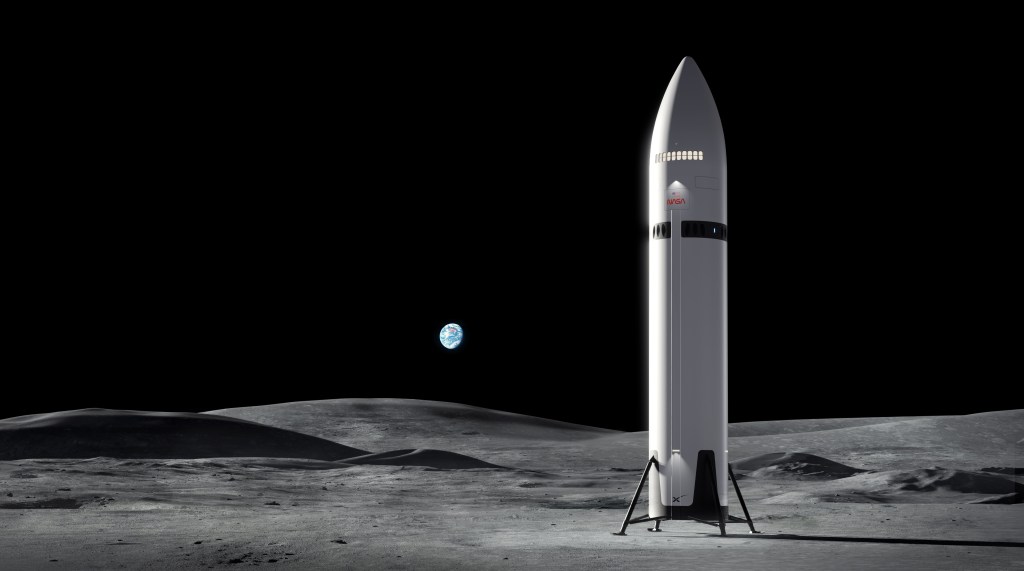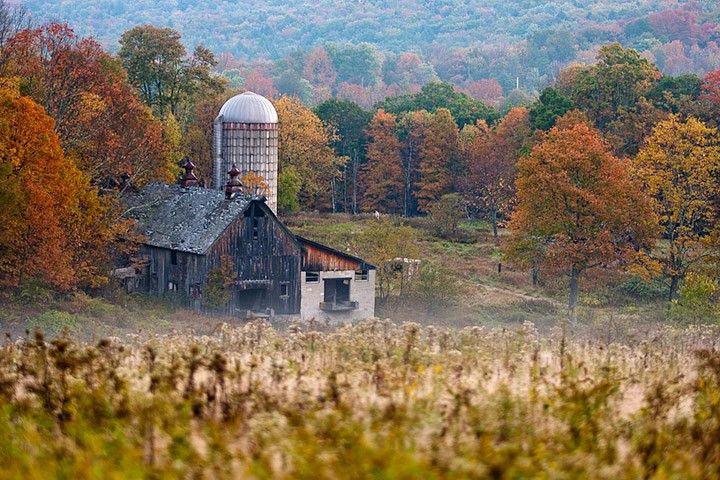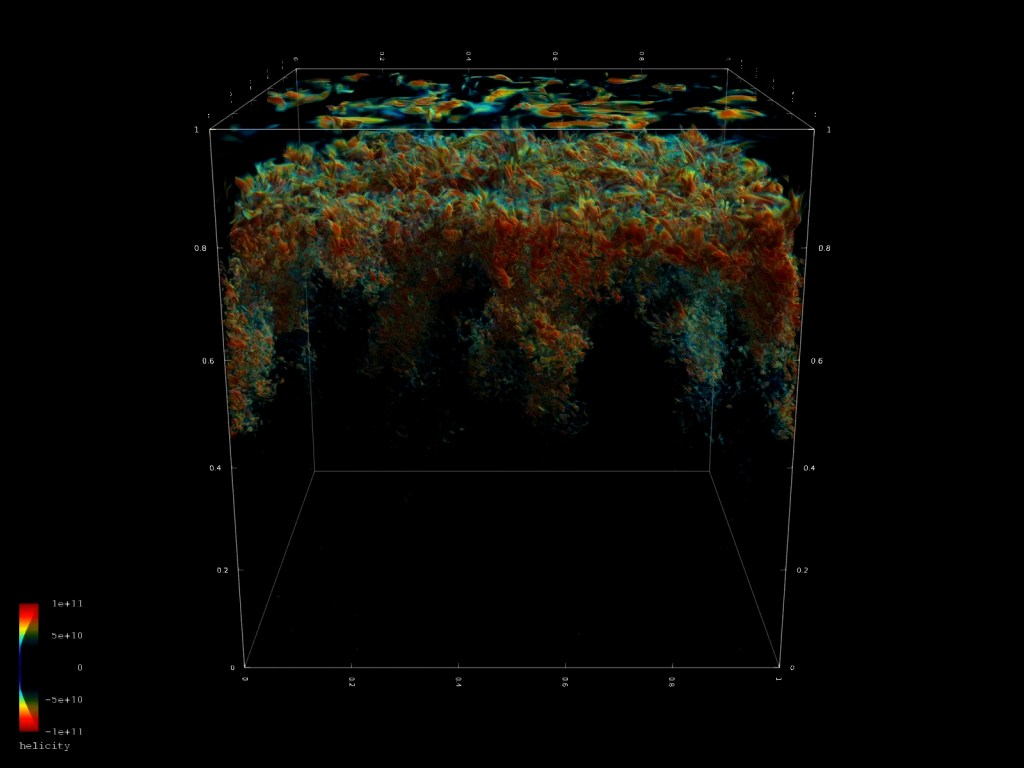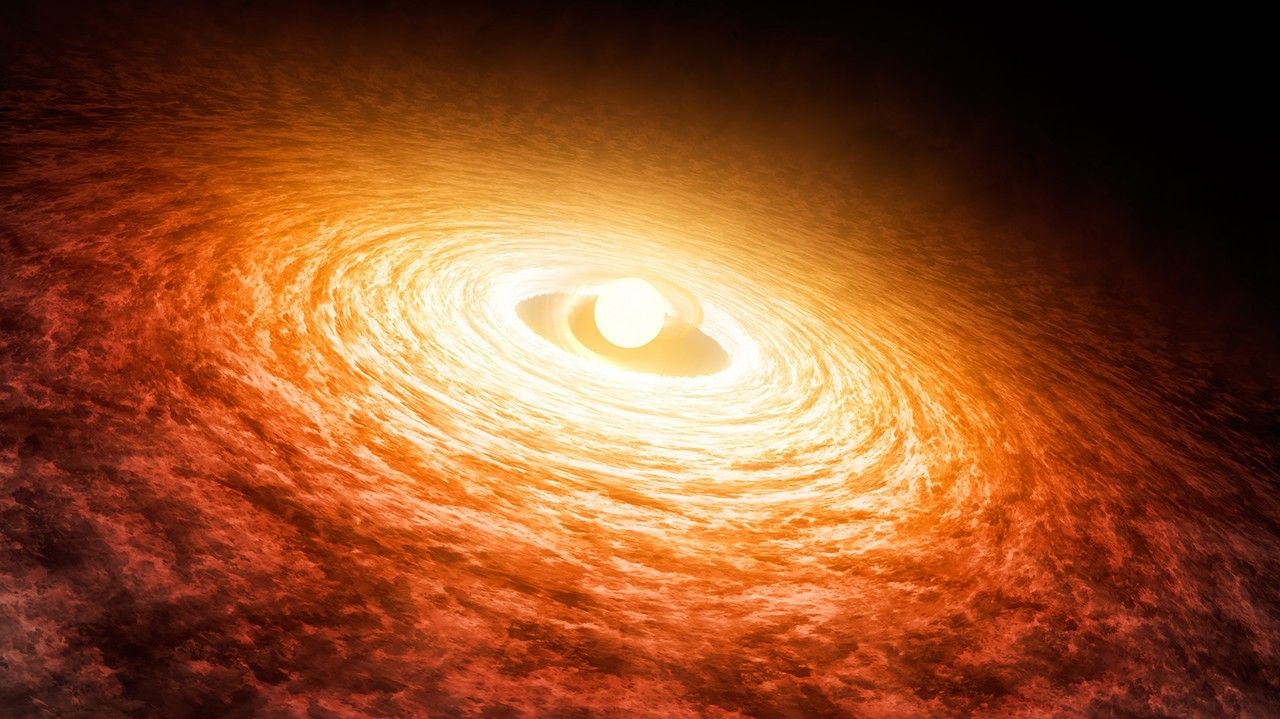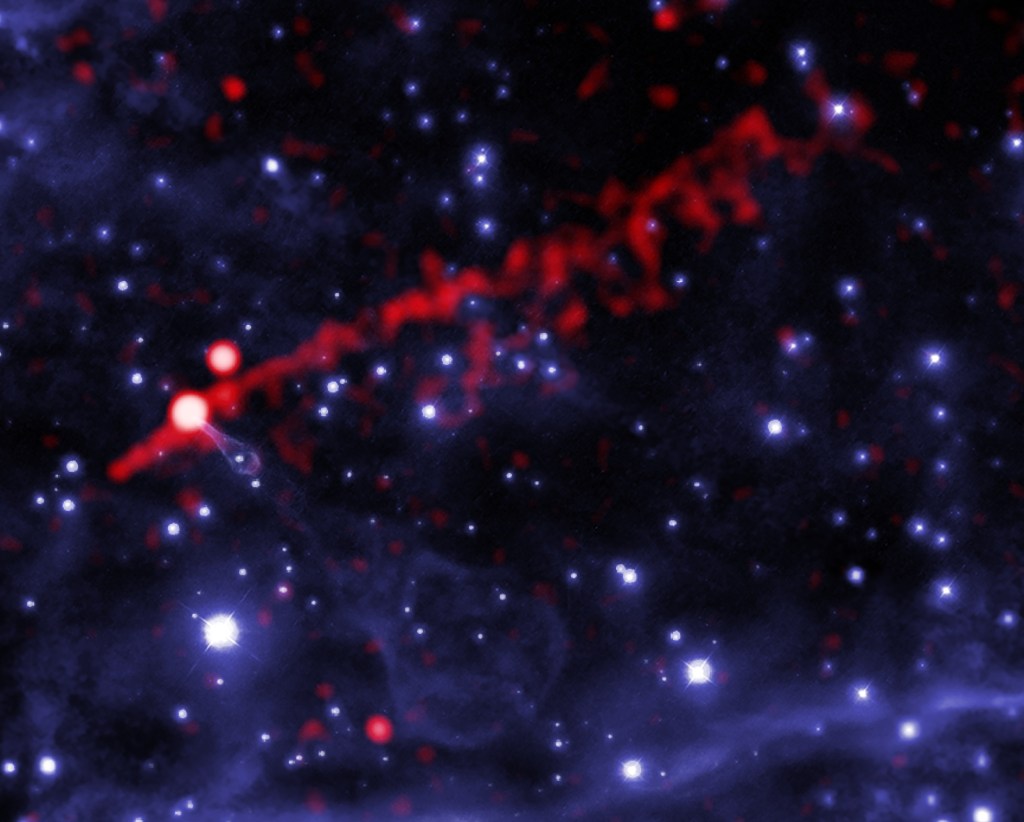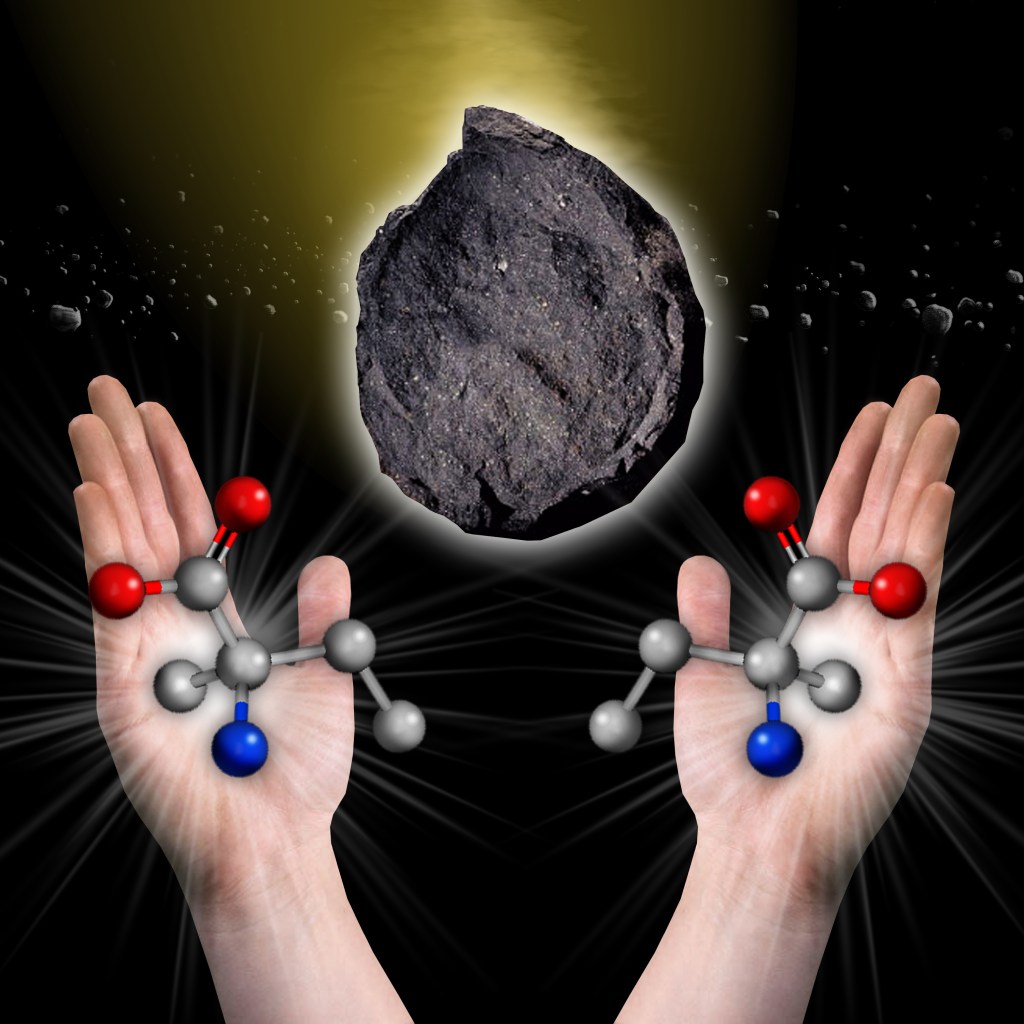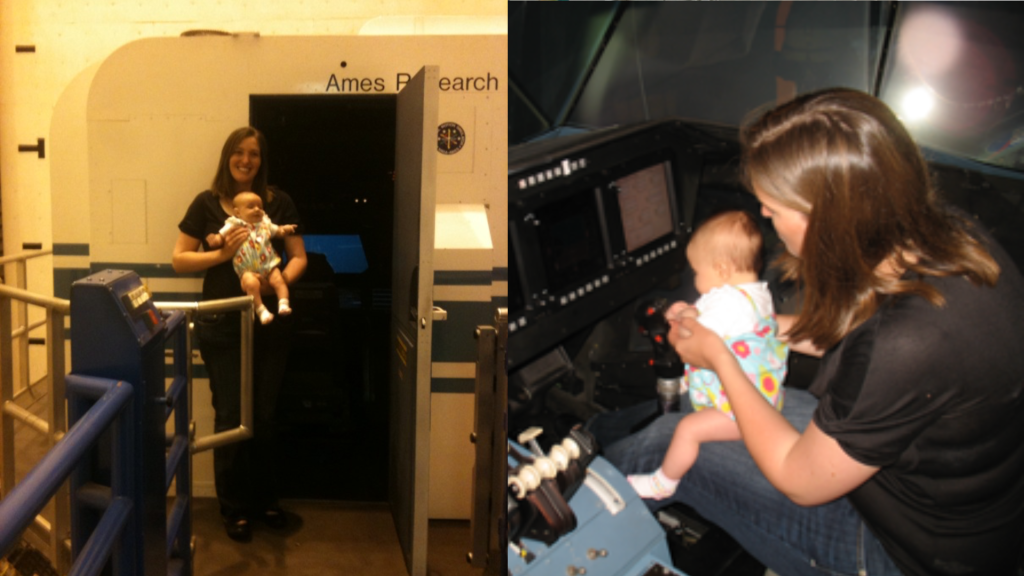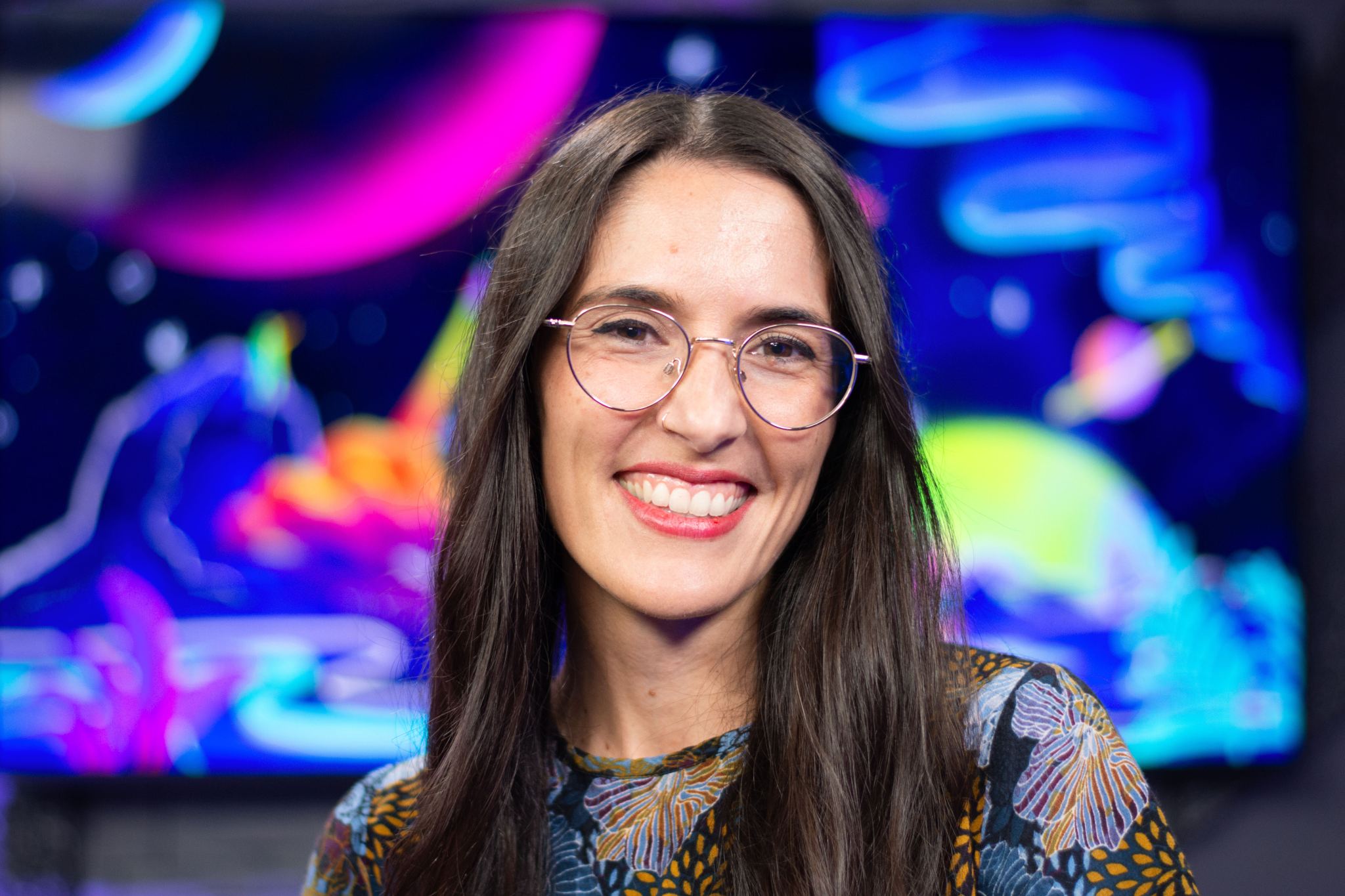“Obviously, Spanish has a lot to do with accessibility and broadening our audiences. We are using Spanish as a tool to break those barriers to connect with audiences. Spanish is the language I grew up with in Uruguay, and the language that I feel more comfortable with. It is amazing that I get to use it as a bridge to communicate with our audiences on different platforms.
“We want to inform, but we also want to inspire and tell the stories that go beyond the mission and science. We want to tell the personal stories in [‘Universo Curioso de la NASA,’ NASA’s first-ever Spanish podcast].
“We started as a bonus episode of a miniseries of an existing podcast, ‘NASA’s Curious Universe,’ but we wanted to build something that was unique, specifically tailored to the Hispanic audience in the U.S. and worldwide. That would have our style and our voice. And I feel very, very lucky and proud and thankful to have had that opportunity to kind of build the podcast from the ground up with the guidance and work of other colleagues.
“As an immigrant myself reporting on stories about other immigrants, I want to show people that space is for all, and that’s something that we repeat over and over. I keep confirming how true that message is because it goes beyond NASA. It goes beyond the United States. There are no borders in space. These people that work on these missions are doing something for humanity, not just for the space agency. I am not a scientist or an engineer, and I feel a part of it. I am a part of these historic moments, like when we launched Artemis and DART [the Double Asteroid Redirection Test].”
– Noelia González, NASA en español Senior Science Writer and Editor, ADNET Systems, NASA’s Goddard Space Flight Center
Image Credit: NASA / Angeles Miron
Interviewer: NASA / Angel Kumari
Lee esta historia en español aquí.






